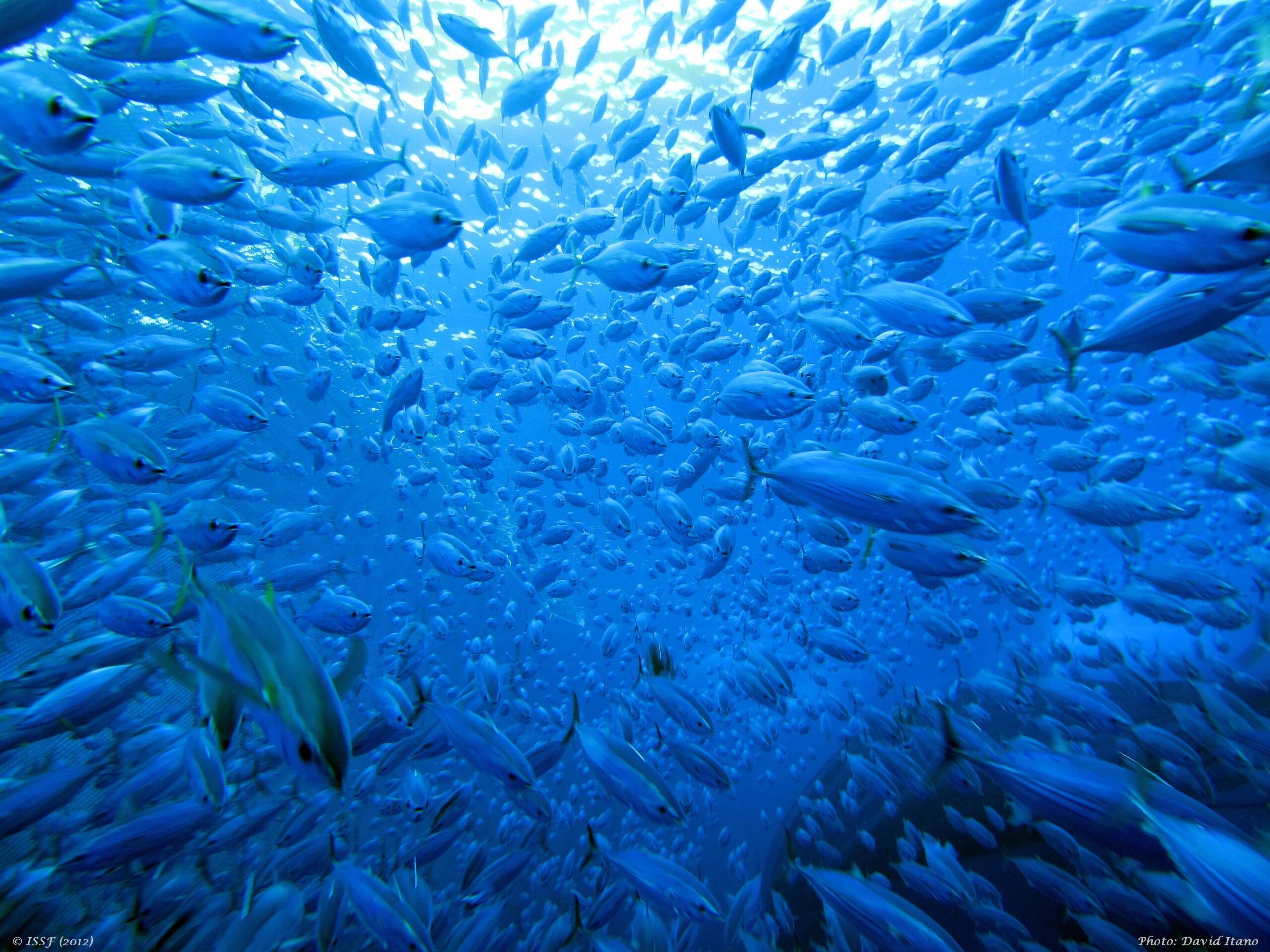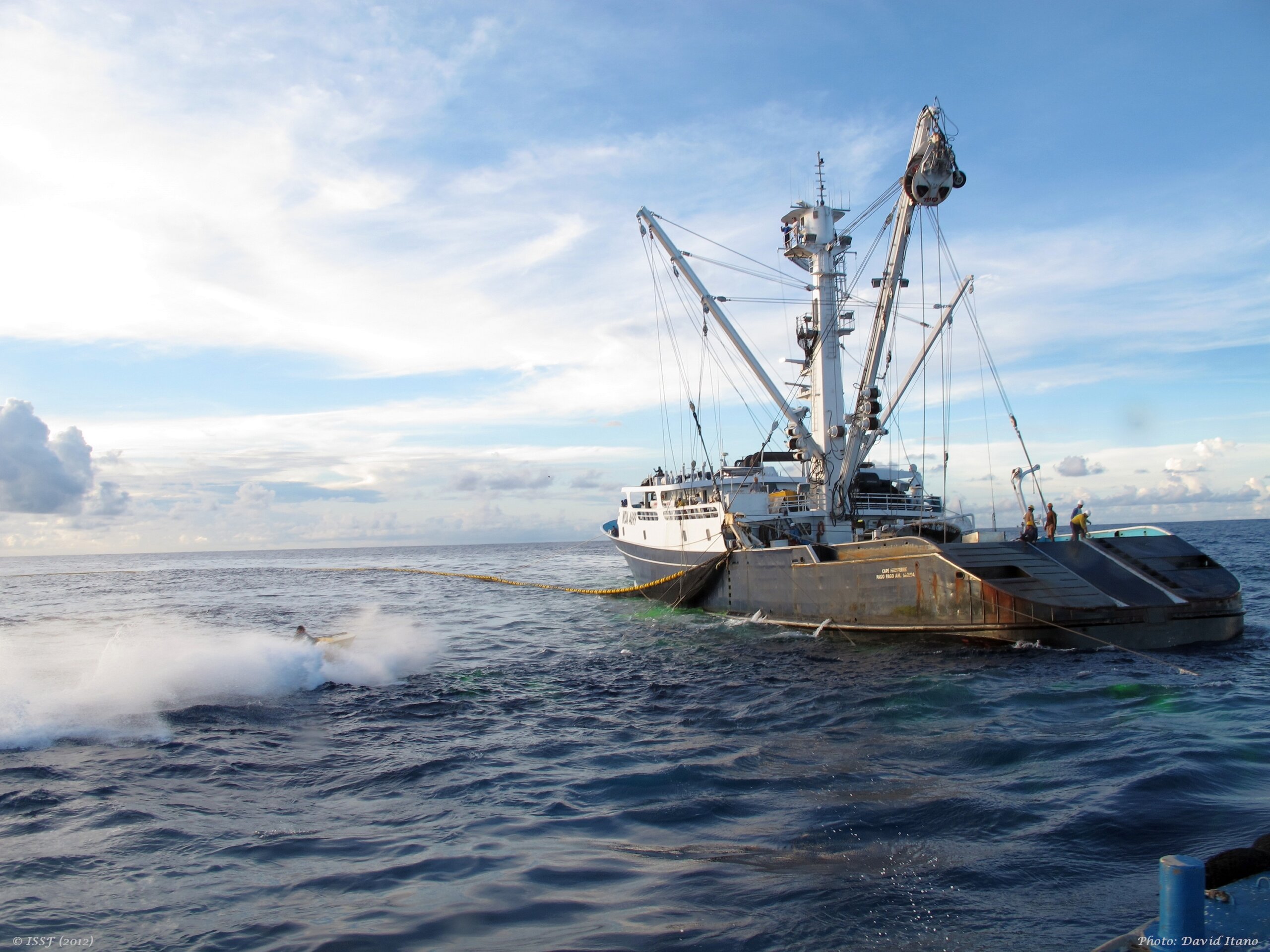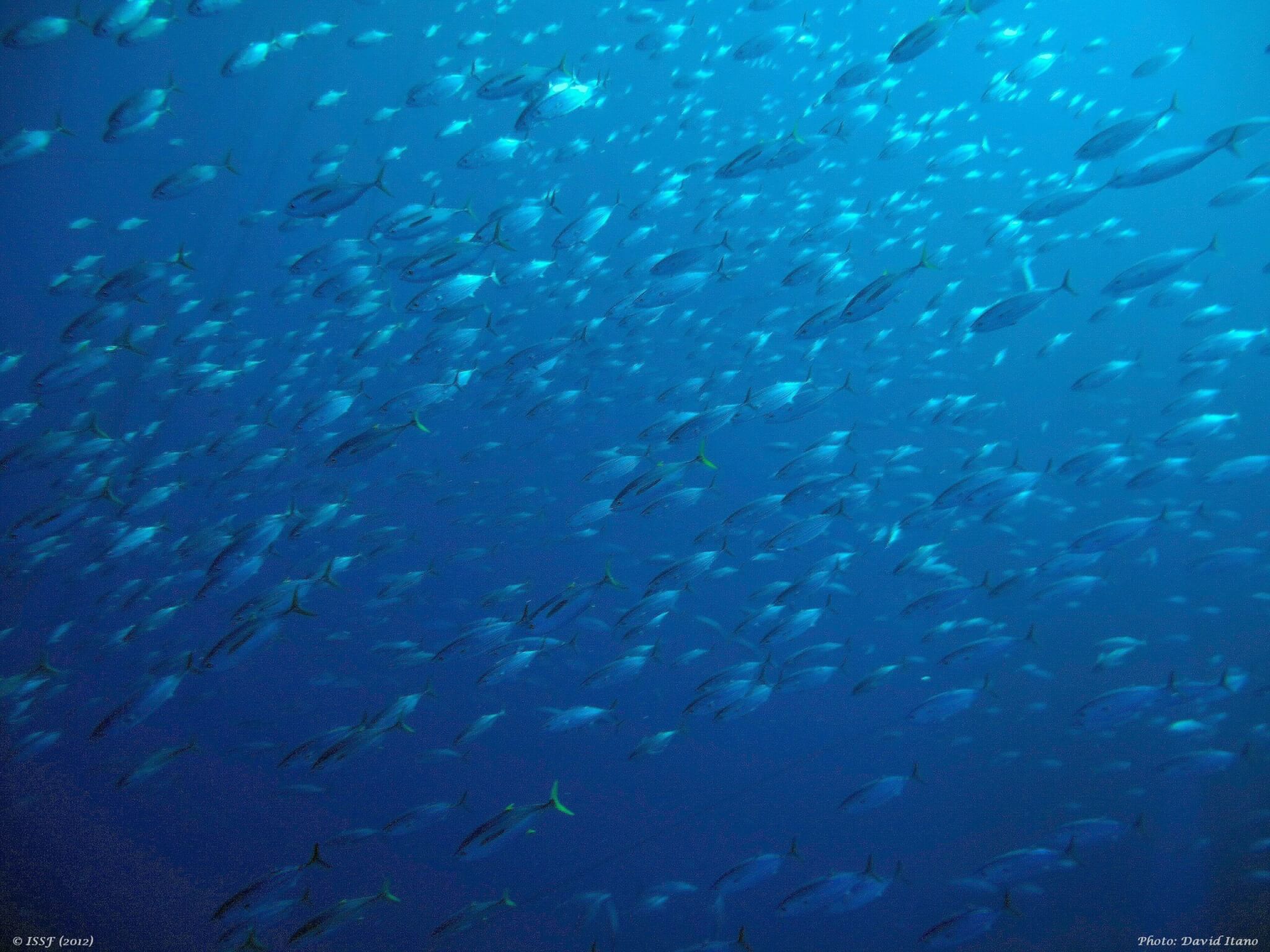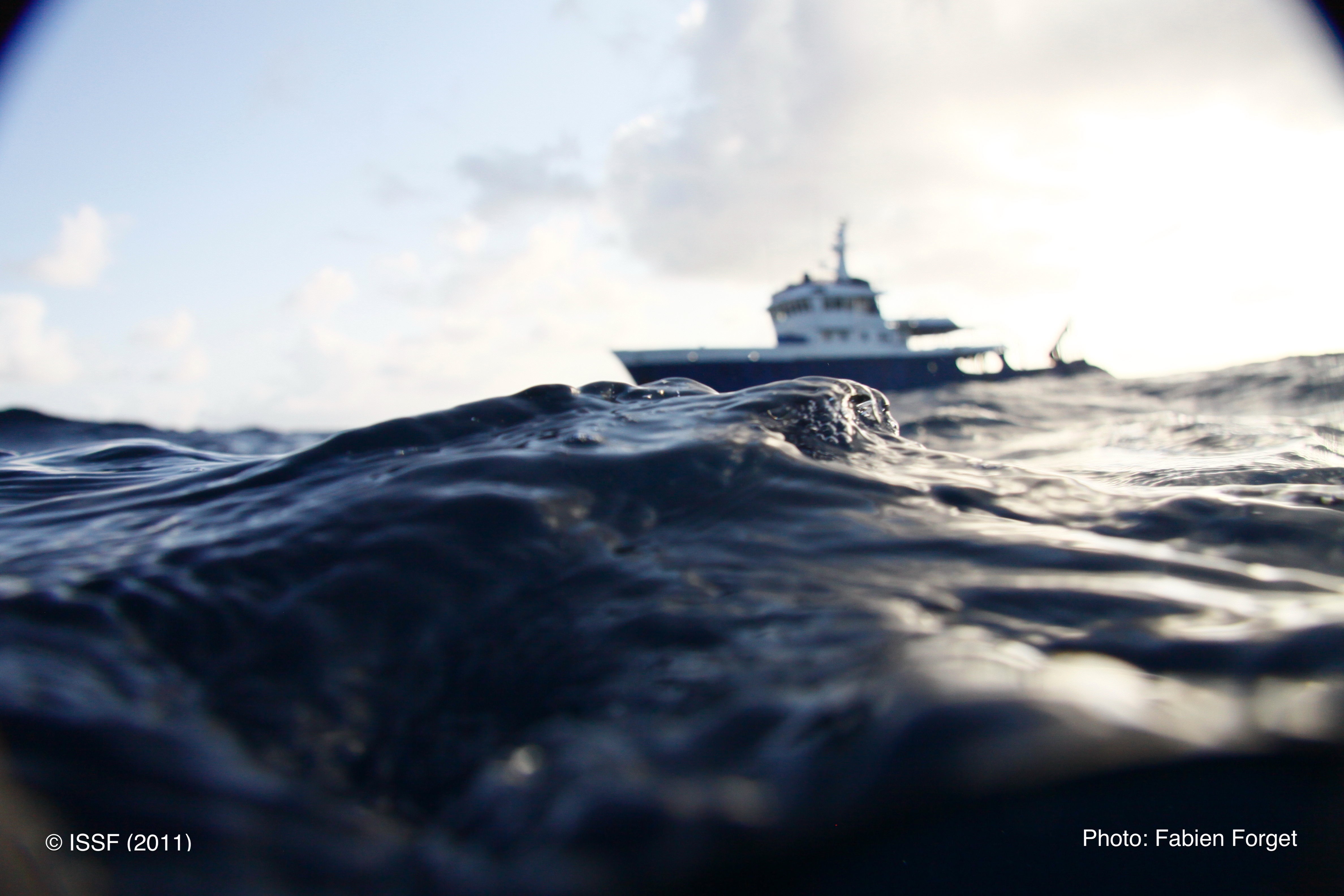
Strong Results at ICCAT Annual Session: New Tropical Tuna Measure and Management Procedure for Skipjack Tuna
The International Seafood Sustainability Foundation (ISSF) is welcoming strong progress for Atlantic Ocean tuna fisheries as the annual meeting of International Commission for the Conservation of Atlantic Tunas (ICCAT) concludes. We are especially pleased that the Commission adopted an updated tropical tuna management measure, as well as a management procedure for western Atlantic skipjack tuna.
Here is a review of the outcomes of the ICCAT meeting against some of our organization’s priorities as outlined in our 2024 position statement.
Adoption of a new recommendation for tropical tuna management that includes stronger FAD management
For four years, ISSF and its partners in advocacy have urged ICCAT to adopt a strengthened tropical tuna measure that maintains bigeye and yellowfin stocks at sustainable levels and improves the management of fish aggregating devices (FADs). This year, a new measure was approved.
The updated measure includes a new total allowable catch (TAC) and allocation for bigeye tuna, which will help ensure the stock is maintained at sustainable levels. In addition, the new measure includes stronger management for the use of FADs in Atlantic Ocean tuna fisheries. Specifically, ICCAT agreed to a phased reduction of drifting FADs and a timeline for vessels to deploy fully non-entangling FADs with no netting and the use of biodegradable materials by 2028. With these improvements, ICCAT is bringing its FAD management in line with best practices and joining the progress made by its peer RFMOs in the Indian and Eastern Pacific Ocean regions.
Regrettably, the Commission did not address a critical tuna stock issue: yellowfin catch exceeding the TAC for many years. A 2024 assessment estimated the stock to be close to the biomass and fishing mortality levels that support maximum sustainable yield (MSY), and projections at the current catch level indicate that the stock will become overfished. Stronger management measures are urgently needed to reduce the yellowfin catch in order to avoid this result.
Adoption of management procedure (MP) for western Atlantic skipjack tuna
ISSF and partners have consistently pressed for the accelerated adoption of management procedures (harvest strategies) for tunas across all RFMOs. Management procedures (MPs) provide a modern mechanism for fisheries management that accounts for uncertainty in an explicit, precautionary manner.
We are therefore pleased that the Commission agreed to an MP for western Atlantic skipjack, as recommended by its Standing Committee on Research and Statistics (SCRS). ICCAT also put southern Atlantic albacore tuna on the path for an eventual adoption of an MP. ICCAT made further progress by adopting operational management objectives for bigeye, yellowfin, and eastern skipjack tuna stocks that should be considered when developing MPs for these stocks. We welcome ICCAT’s strong progress in this critical area.
Strengthened transshipment measure to help reduce IUU activities
Another positive outcome of the ICCAT annual meeting is the Commission’s decision to strengthen its regulation of at-sea transshipment in line with best practice standards, which has been another area of focus by ISSF and its partners in advocacy. If not well-managed, transshipment at-sea can be a conduit for illegal, unreported and unregulated (IUU) fish to enter the supply chain. ICCAT’s improvements in this area will help to ensure at-sea activity is rigorously regulated and that all required data are reported.
ISSF applauds the important progress made by ICCAT for the management of Atlantic Ocean tuna fisheries, including steps to advance management procedures, improve tuna stock health and FAD management, and curb IUU fishing. While some issues were not progressed as comprehensively as we had hoped, ISSF is pleased overall with the number of items addressed and adopted. We remain watchful and engaged to ensure that more progress will be made for the long-term protection of Atlantic Ocean tuna fisheries.


